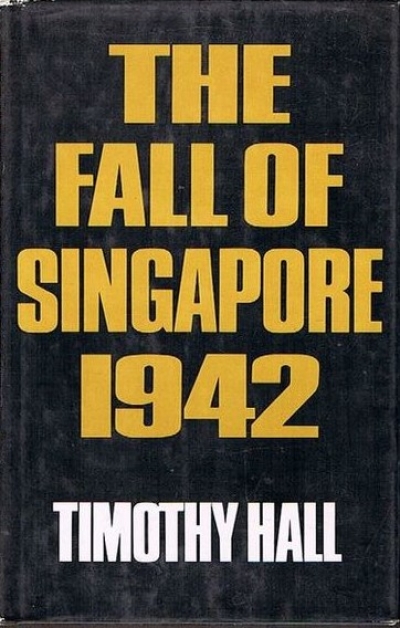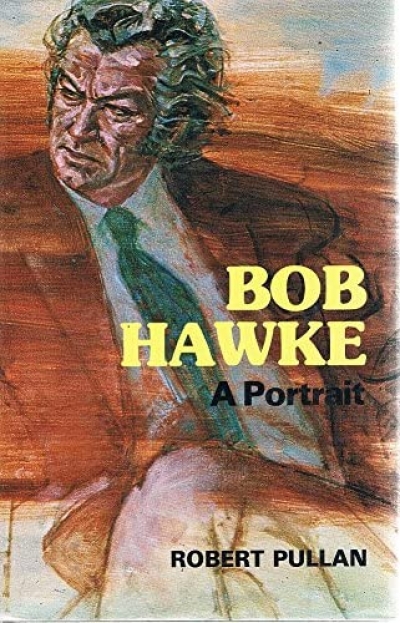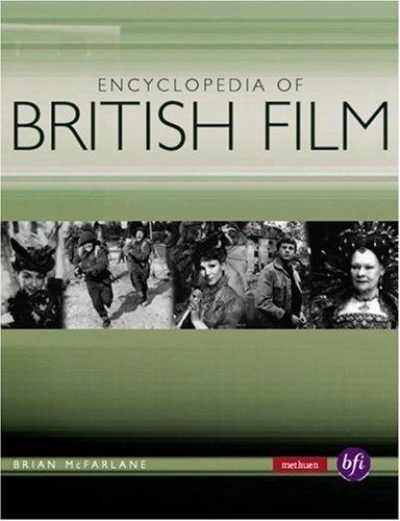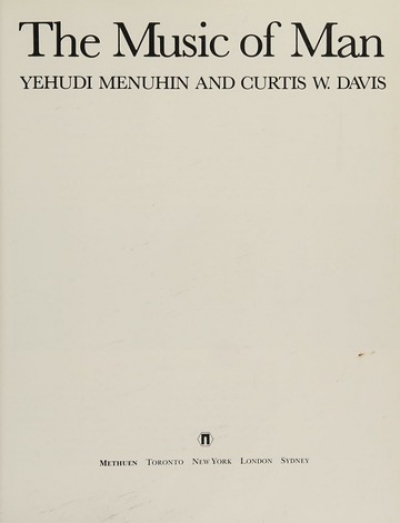Bertolt Brecht’s poem, ‘To those born later’, contains the following line: ‘For we went, changing countries oftener than our shoes.’ The publication of this translation of Brecht’s Journals 1934-1955 (written in an e.e. cummings-style lower case throughout) provides an abundant fleshing out of that line, giving a detailed sense of what it meant to Brecht to be an artist in exile, denied the comforts of his culture and language, denied the possibility of seeing the plays he was writing rehearsed or run-through, a process he always regarded as the final stage of writing: ‘all the plays that have not been produced have something or other missing. no play can have the finishing touches put to it without being tried out in production.’
...
(read more)






